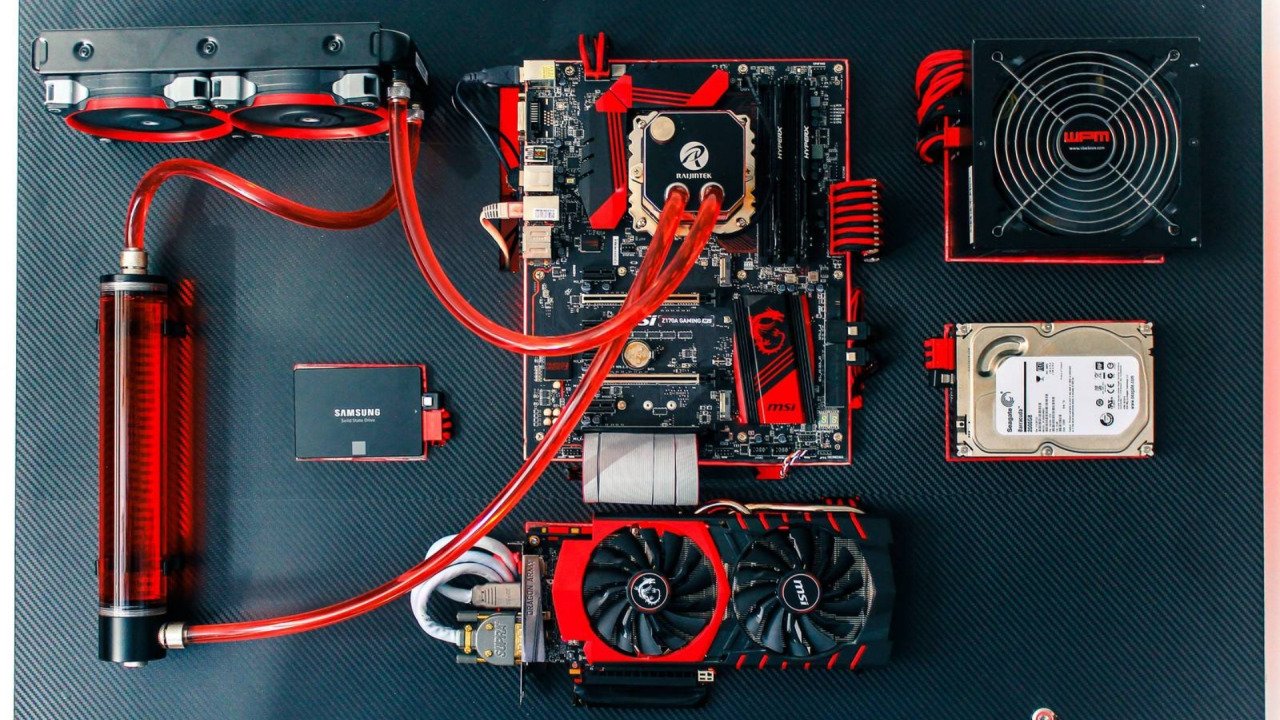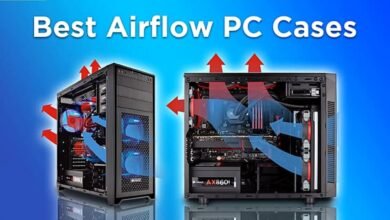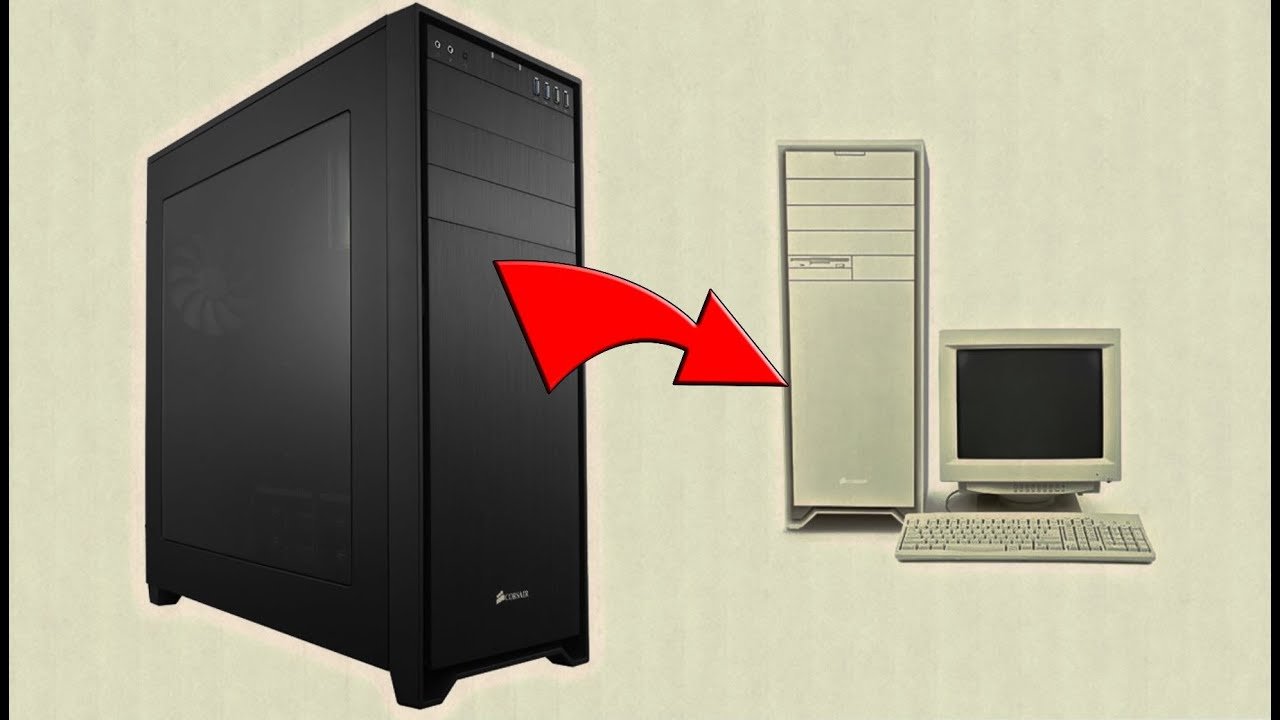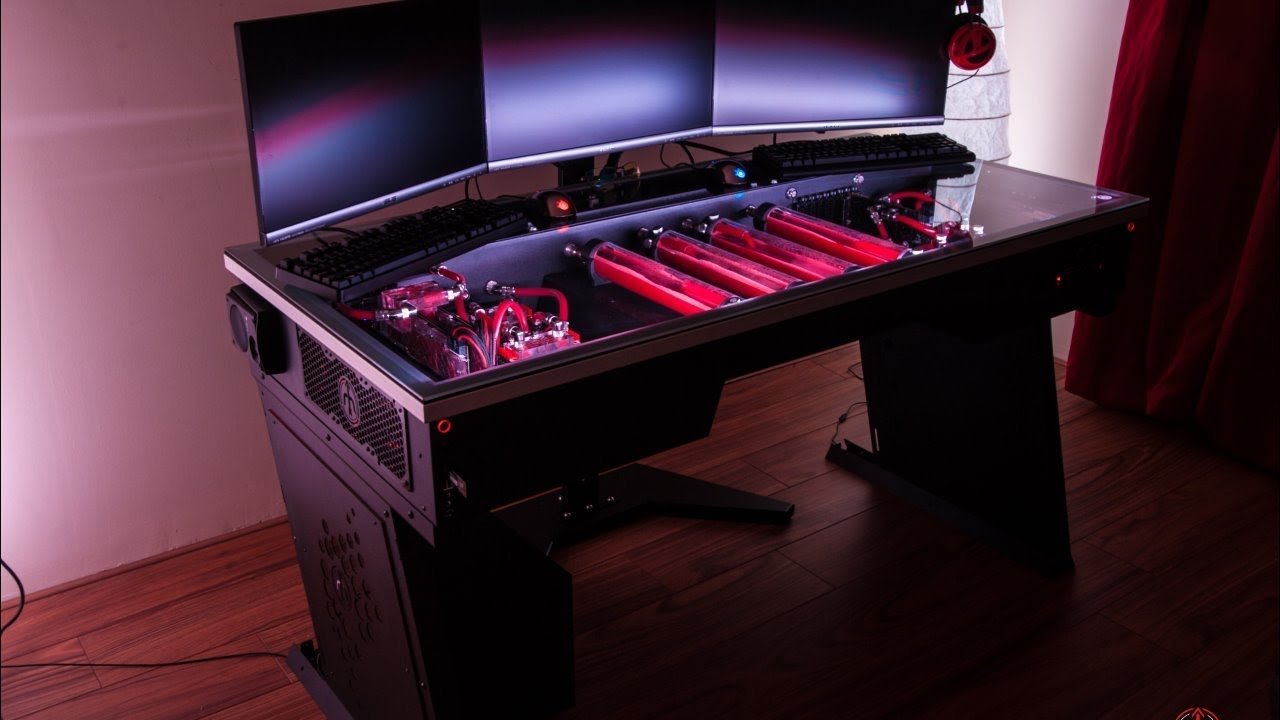Building Your Own HTPC Case: A Step-by-Step Guide
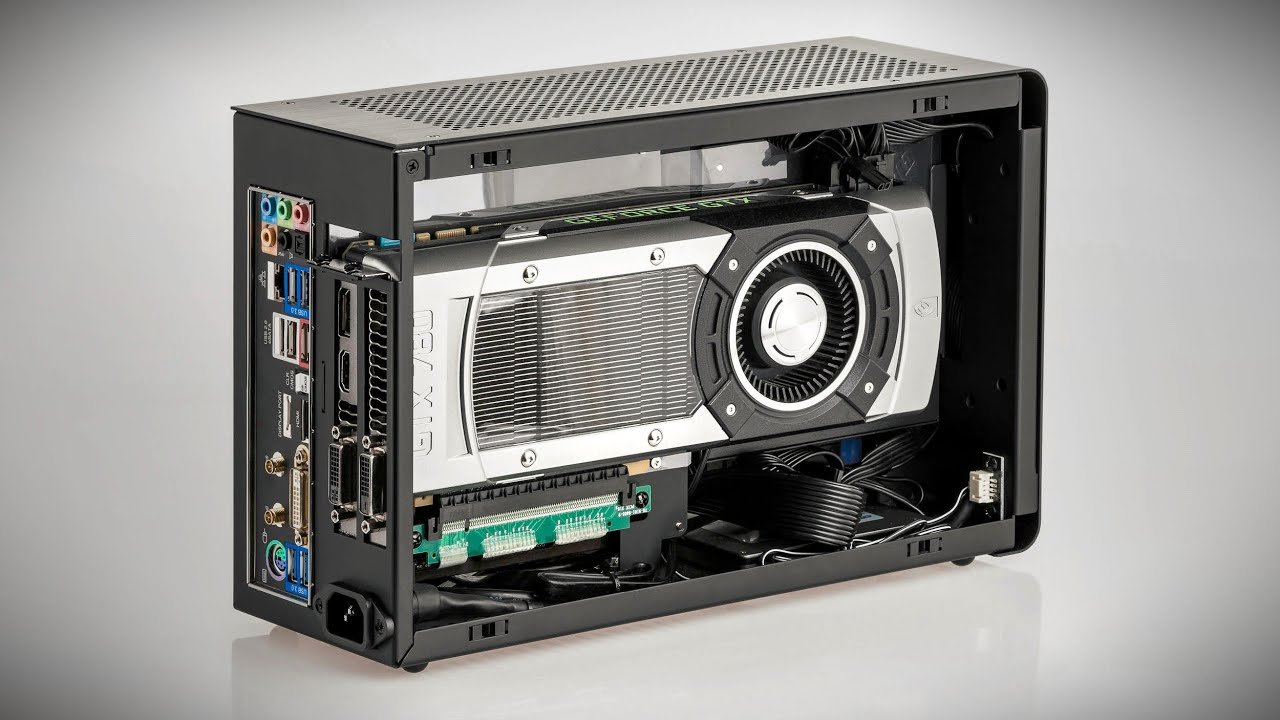
Introduction to HTPC Cases
HTPC (Home Theater Personal Computer) cases are a pivotal innovation in home entertainment, blending utility and visual appeal to elevate the household media experience. These cases unify functionality and aesthetics, transforming how media is enjoyed at home. Delving into the world of HTPC cases uncovers their significance, diverse types, and their array of advantages, amplifying the exploration of the home entertainment realm.
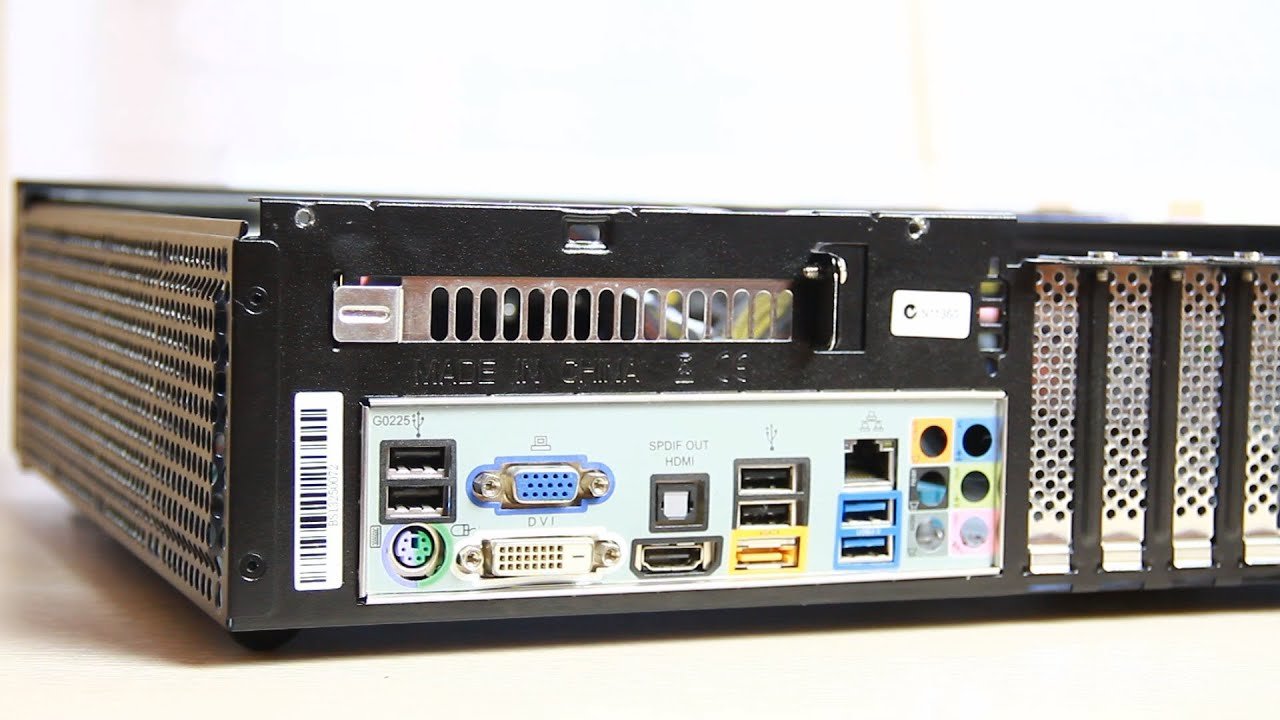
What is an HTPC Case?
An HTPC (Home Theater Personal Computer) case is a custom-designed housing unit tailored to enhance multimedia experiences. Specifically engineered to harmonize personal computers with home theater systems, it blends technology seamlessly with elegance, ensuring a refined integration within the entertainment space.
Importance and Functionality
HTPC cases go beyond mere computer housings; they are designed to complement existing home theater components, ensuring an immersive entertainment experience. These cases offer the necessary space and features to house crucial computer components while considering adequate cooling for optimal performance.
Factors to Consider When Choosing an HTPC Case
Size and Form Factor
The size and configuration of an HTPC (Home Theater Personal Computer) case play a crucial role in its suitability for your entertainment setup. Slim, compact chances are ideal for those with limited space, providing a sleek solution. On the other hand, larger cube-shaped designs offer more room for expandability and additional components without occupying excessive space. The choice between these form factors depends on individual preferences, balancing the need for compactness with the desire for expandable features within the home theater environment.

Cooling Options
Effective cooling remains vital for sustaining an HTPC’s performance and lifespan. Diverse HTPC cases provide varied cooling options to address this need. Some incorporate strategically positioned fans, ensuring optimal airflow within the case. Others offer provisions for liquid cooling systems, ideal for dissipating heat efficiently. Advanced ventilation setups also contribute by allowing heat dispersion. The choice among these cooling solutions hinges on individual preferences and the specific requirements of the components housed within the HTPC, aiming to maintain stable temperatures and safeguard the system’s functionality over time.
Expansion and Compatibility
The adaptability of an HTPC case to support various hardware upgrades and component configurations is pivotal. When choosing one, assessing the case’s compatibility with different components like motherboards, graphic cards, and storage options is essential. Ensuring the patient can accommodate diverse hardware specifications enables users to expand or upgrade their system without constraints, fostering flexibility for future enhancements. Evaluating the case’s layout, available expansion slots, and supported form factors become significant, allowing seamless integration of components and facilitating an efficient upgrade path based on evolving computing needs.
Types of HTPC Cases
Slim HTPC Cases
Compact, slim HTPC case designs offer optimal solutions for individuals facing space constraints within their entertainment setups. These cases efficiently fit into tight spaces, like entertainment cabinets or small nooks, without compromising essential hardware accommodation. Their sleek profiles allow integration into limited areas while providing sufficient room to house crucial components necessary for an HTPC. The emphasis on a slender form factor ensures the case doesn’t overpower the available space, maintaining a tidy and unobtrusive appearance within the entertainment system while meeting the functional requirements of a home theater personal computer.
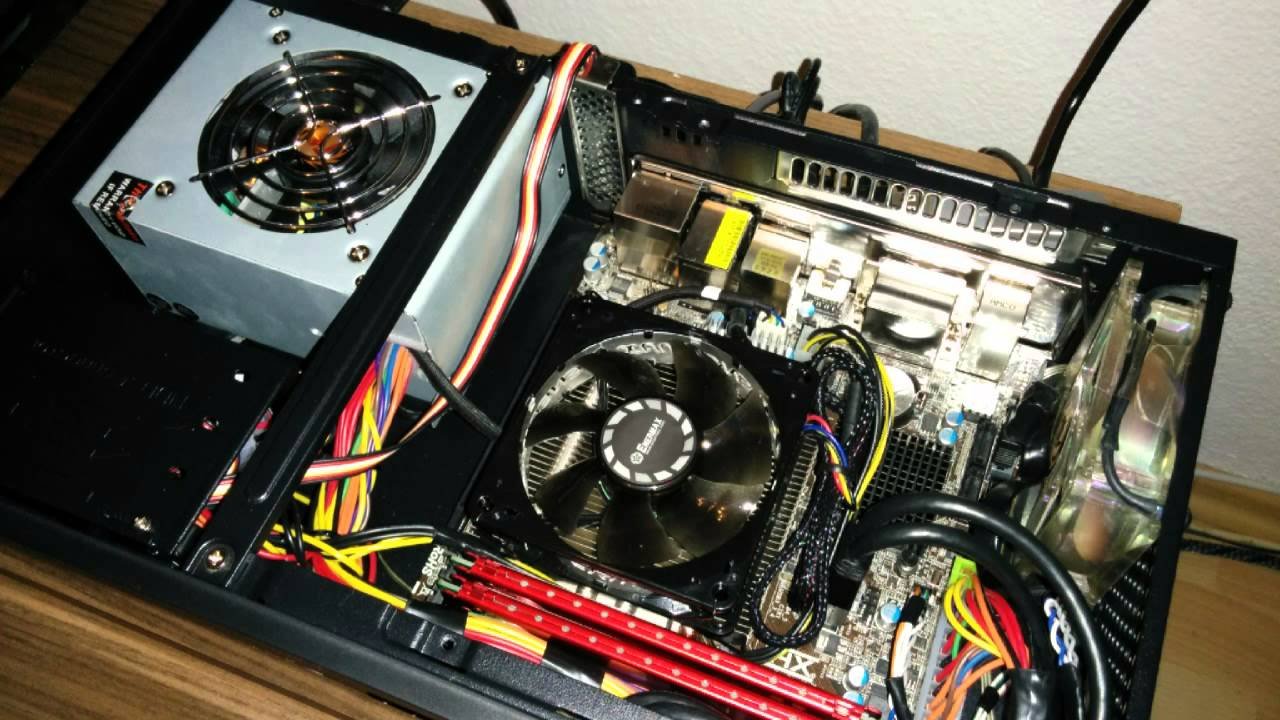
Cube-shaped HTPC Cases
Cube-shaped HTPC cases harmonize a compact form with enhanced expandability, presenting an optimal solution for users seeking a balance between size and component versatility. Their design accommodates a broader array of hardware without occupying substantial space, making them ideal for people seeking to maximize the possibility of their HTPC setup while managing spatial limitations. These cases offer an efficient use of room by providing a cube-shaped chassis that ensures ample interior space, permitting the installation of additional components, such as multiple drives or expansion cards, without overwhelming the entertainment area.
Home Theater-style Cases
HTPC cases designed to replicate traditional AV equipment aesthetically integrate seamlessly into home theater setups, ensuring a cohesive visual appeal among various multimedia devices. With their appearance resembling standard home entertainment gear, these cases elegantly merge alongside TVs, sound systems, and other media components, contributing to a harmonized and unified look within the home theater environment. This design approach enhances the overall aesthetics of the entertainment area and facilitates the integration of the HTPC into the existing setup without creating a discordant visual contrast.
Benefits of Using an HTPC Case
Aesthetic Appeal
HTPC cases contribute a fashionable essence for your enjoyment setup, augmenting the environment inside your house theater environment. Their smooth designs and complex aesthetics enhance the general ambiance, complementing the visual appeal of your leisure space. These instances reside your multimedia machine effectively and add a touch of class and style, integrating seamlessly with other gadgets within the domestic theater setup. Their refined appearance elevates the overall aesthetics, creating an inviting and visually attractive space for a better amusement experience.
Space-saving Design
Due to their compact design, these cases occupy minimal space, rendering them ideal for smaller entertainment areas or setups constrained by limited space availability. Their smaller footprint and streamlined dimensions allow them to fit snugly into closed areas, such as brackets or compact media cabinets, without compromising functionality. This compactness makes them versatile for various living spaces, where maximizing area utilization is crucial, ensuring that the entertainment area remains uncluttered while providing essential functionality for multimedia usage.
Customization Options
Many HTPC cases offer customization options, allowing users to personalize and modify their setup to suit their preferences and requirements.
Top HTPC Cases in the Market
A comprehensive review and comparison of famous HTPC cases aid in making informed purchase decisions. Factors such as design, features, customer reviews, and value for money are crucial in determining the best fit for individual needs.
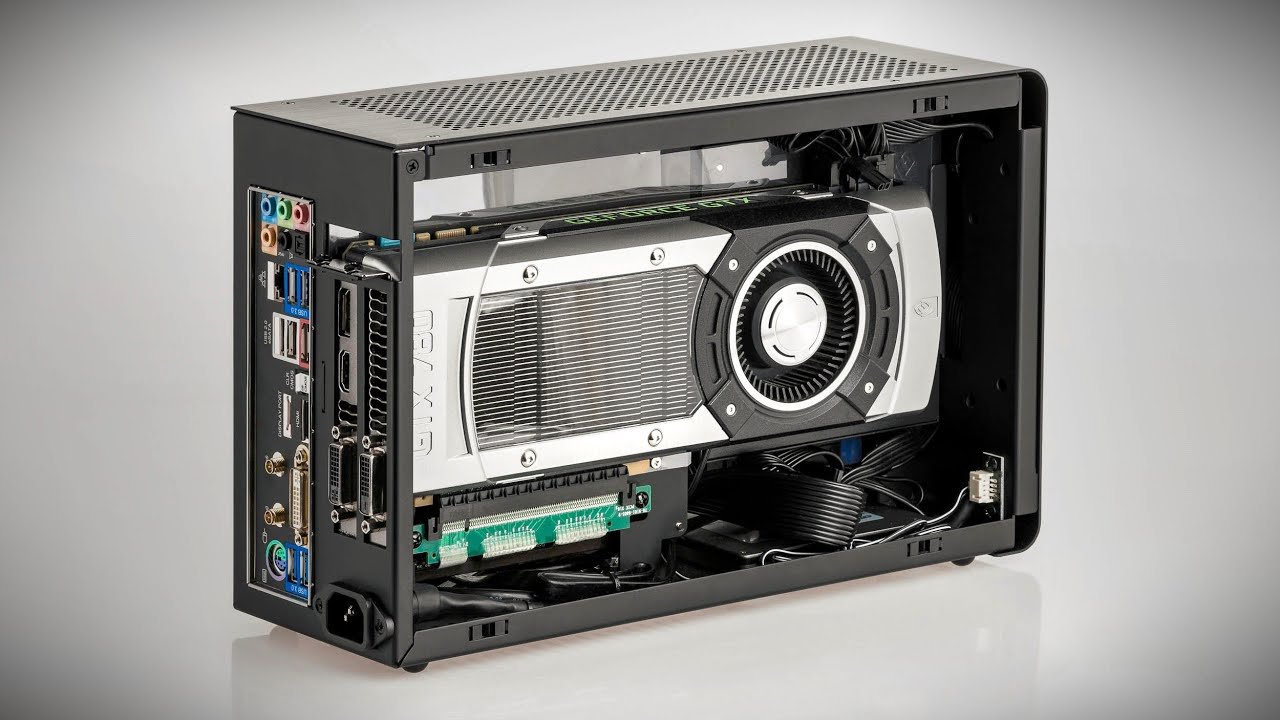
Installation and Setup Guide for an HTPC Case
A detailed step-by-step guide, accompanied by tips for optimal configuration, ensures a smooth and hassle-free setup process. This accessibility makes HTPC cases suitable for both seasoned enthusiasts and beginners alike.
HTPC Case Maintenance and Care
Proper cleaning and care are critical for extending the lifespan of an HTPC case. Simple upkeep routines and precautions help prevent common issues and ensure consistent performance.
Future Trends in HTPC Cases
The future of other PC cases holds exciting possibilities. Anticipated advancements include improved cooling systems, smaller form factors, and enhanced integration with smart home technologies, promising to redefine the landscape of home entertainment setups.
Conclusion
The HTPC case isn’t just a housing on your laptop; it’s an amalgamation of technology and design, revolutionizing how we enjoy domestic enjoyment. Selecting the proper case with various alternatives depends on personal choices, spatial boundaries, and future upgrade potential.
FAQS
2. Why are HTPC Cases important?
HTPC cases go beyond basic computer housings; they enhance multimedia experiences, complement existing home theater components, and ensure an immersive entertainment experience.
3. What factors should I consider when choosing an HTPC Case?
Consider size, form factor, cooling options, expansion, and compatibility with hardware. Slim cases are ideal for limited spaces, cube-shaped for versatility, and home theater-style for a unified look.
4. What are the benefits of using an HTPC Case?
HTPC cases add aesthetic appeal, save space, and offer customization options. They contribute to a refined ambiance, fit into smaller spaces, and allow users to personalize their setups.

